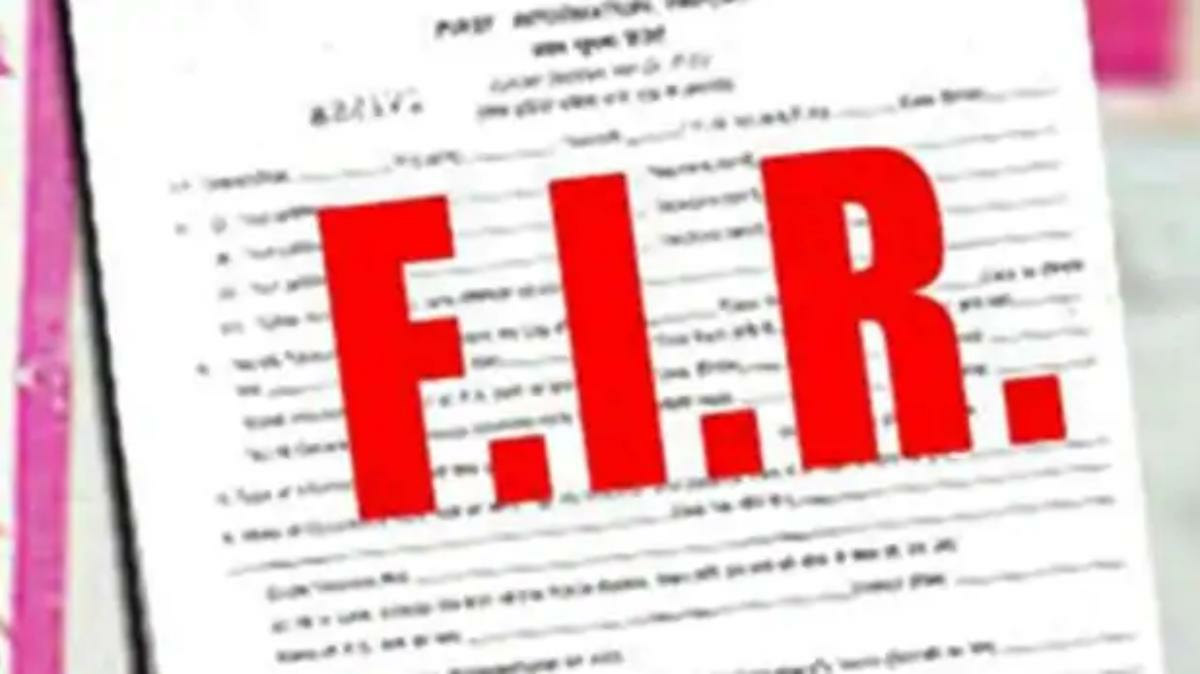Srinagar: The Central Administrative Tribunal (CAT) has held that an employer must facilitate the child birth of a working woman and once the child comes into existence even in the womb, her rights like the maternity leave benefits cannot be tampered with.
Disposing of a petition by Jabeena Akhter, a Grade 1 Nurse at SKIMS Soura, seeking maternity leave benefits for her third child delivery, the CAT presiding officer M S Latif observed that the petitioner has in fact sensitized the respondents in seeking consideration of her right.
“May be the leave rules attached to the service condition of the petitioner do not permit so, but then the competent authority is not powerless to formulate a scheme to protect the dignity of a woman as enshrined under Article 21 of the Constitution of India.”
The jurist reminded the Director SKIMS and other administrators of the Institute that the most cherished desire of a woman is to be a mother and that womanhood would mean compassion, respect and dignity, which has to be protected.
The petitioner lady also sought that denial of maternity leave benefits for the birth of her third child was illegal, and arbitrary, in contravention of the Maternity Benefit Act, 1961, as amended by the Maternity Benefit (Amendment) Act, 2017.
She submitted through her lawyer, P S Ahmad, that under the Act employed woman are entitled to 26 weeks of maternity leave benefit for the first two children, and for 12 weeks maternity leave for each child without bar on the number of children; as such, “the respondents should have considered the case of the petitioner for grant of benefit”.
The Tribunal noted that women constitute almost half of the segment of our society who have to be treated with honour and dignity at the place where they work.
What is needed for a mother is to facilitate the birth of a child; particularly of a woman in service, the employer has to be considerate and sympathetic towards her and must realise her physical difficulty which a working woman would face in performing her duty at her work place while carrying a baby in the womb or while rearing up the child after birth, it added.
The Tribunal referred to a judgment of Madras High Court in the case of Khatija Umama Vs. State, which held that no prejudice would be caused if the respondents consider the petitioner’s representation wherein the petitioner has also delivered a third child.
It also cited a Delhi High Court division bench order which said “Two Child Policy of the government aimed at population control is true, but it must pass Article 14 of the Constitution of India”.
The CAT said “their Lordship further observed that in order to achieve success in population control, the government can take any innovative steps in order to dissuade the citizens from giving birth for more than two children, but once third child come into existence even in the womb, the rights of the woman cannot be trampled over”.
It directed the respondents to consider and dispose of the representation filed by the petitioner on its merits and in accordance with rule with due dispatch.







